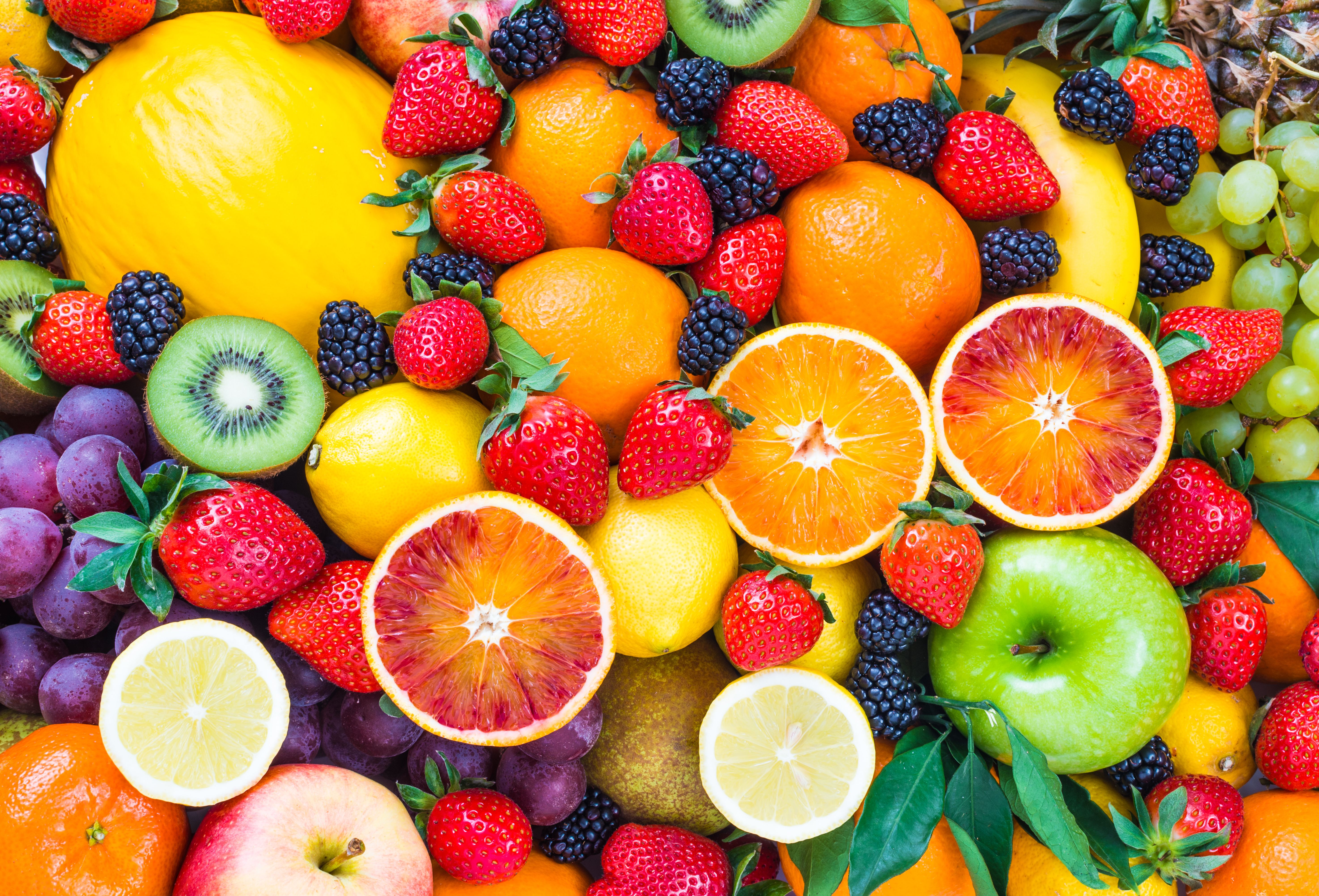Boost Your Health with Whole and Fresh Foods
The Importance of Whole and Fresh Foods
In today's fast-paced world, maintaining a healthy diet can be a challenging task. However, prioritizing whole and fresh foods in your daily meals can have profound benefits for your overall well-being. Whole foods are those that are minimally processed and free from artificial additives, while fresh foods are those consumed shortly after harvest. Together, they form the cornerstone of a nutritious diet.

Understanding Whole Foods
Whole foods are foods that are as close to their natural state as possible. This means they haven't been refined, processed, or had any artificial substances added. Examples include fruits, vegetables, whole grains, nuts, and seeds. These foods are packed with essential nutrients and provide a wide range of health benefits.
When you consume whole foods, you're not just getting the nutrients found in the food itself; you're also benefiting from the natural synergy of vitamins, minerals, and antioxidants that work together to boost health. This can help reduce the risk of chronic diseases such as diabetes, heart disease, and obesity.
The Benefits of Fresh Foods
Fresh foods are those consumed shortly after being harvested or prepared. Eating fresh foods ensures that you're getting the maximum amount of nutrients since many vitamins and minerals can degrade over time. For instance, fresh fruits and vegetables are rich in vitamins A, C, and E, which are powerful antioxidants that protect your body from damage caused by free radicals.

Additionally, fresh foods usually taste better and have a more vibrant color and texture than their processed counterparts. This not only enhances your eating experience but also encourages you to eat more fruits and vegetables, aiding in better health outcomes.
How to Incorporate More Whole and Fresh Foods into Your Diet
Transitioning to a diet rich in whole and fresh foods doesn't have to be overwhelming. Here are some practical tips to help you get started:
- Plan Your Meals: Create a weekly meal plan that includes a variety of whole grains, lean proteins, and plenty of fruits and vegetables.
- Shop Smart: Spend most of your time in the produce section of the grocery store and choose seasonal fruits and vegetables for freshness and cost-effectiveness.
- Cook at Home: Prepare your meals at home as often as possible. This allows you to control ingredients and avoid unhealthy additives found in processed foods.

The Role of Whole Grains
Whole grains like brown rice, quinoa, oats, and whole wheat bread are excellent sources of complex carbohydrates, fiber, and essential nutrients. Unlike refined grains, whole grains contain all parts of the grain kernel, which contribute to their nutritional value. Incorporating more whole grains into your diet can help with digestion, lower cholesterol levels, and maintain steady blood sugar levels.
Start by replacing refined grains with whole grains in your meals. For example, choose whole wheat pasta over regular pasta or switch from white rice to brown rice. These small changes can make a significant impact on your health over time.
Embracing a Healthier Lifestyle
Incorporating whole and fresh foods into your diet is about making sustainable lifestyle changes rather than following temporary diets. By prioritizing these nutrient-rich foods, you'll not only improve your physical health but also enhance your mental well-being. Eating well-balanced meals full of whole and fresh ingredients can lead to increased energy levels, improved mood, and better overall health.
Remember that making these changes doesn't happen overnight. Start small by introducing one or two new foods into your diet each week and gradually build from there. By doing so, you'll create lasting habits that support a healthier lifestyle for years to come.